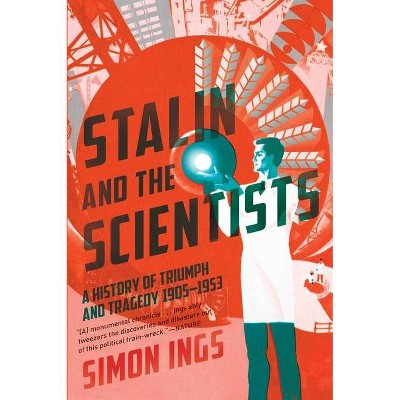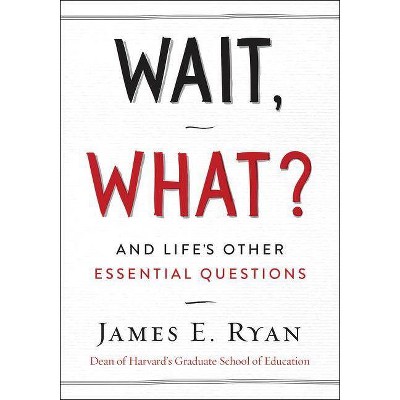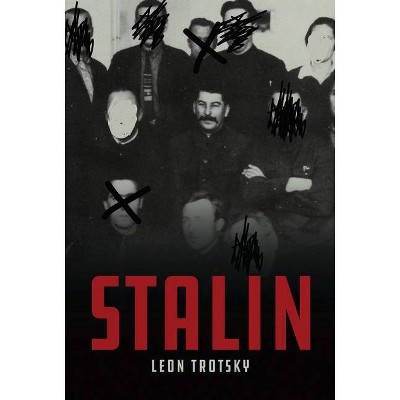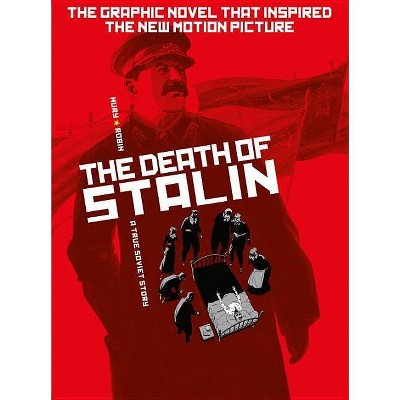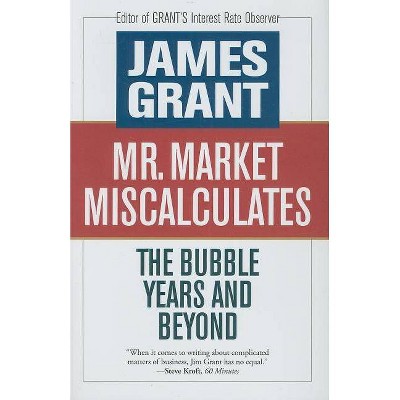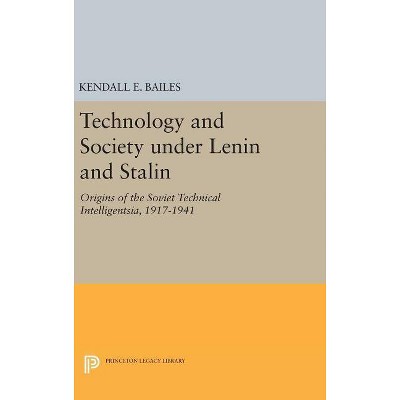Revisioning Stalin and Stalinism - by James Ryan & Susan Grant (Hardcover)
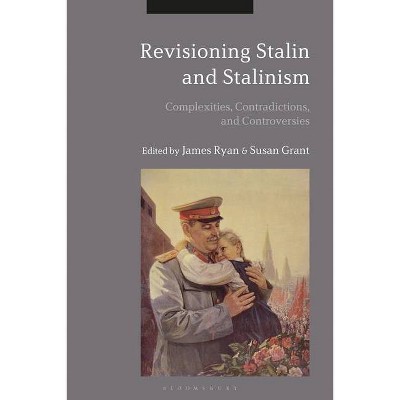
Similar Products
Products of same category from the store
AllProduct info
<p/><br></br><p><b> About the Book </b></p></br></br>"This thought-provoking collection of essays, assembled in honour of renowned historian Geoffrey Roberts, analyses the complex, multi-faceted, and even contradictory nature of Stalinism and its representations. This volume 'revisions' Stalin in his various guises - despot and diplomat, soldier and statesman, rational bureaucrat and paranoid politician - and explores the complex picture that this created in Russia during the period. Broadly speaking, three important areas of debate are examined, united by a focus on political leadership: the key controversies surrounding Stalin's leadership role; a reconsideration of Stalin and the Cold War; and new perspectives on the cult of personality"--<p/><br></br><p><b> Book Synopsis </b></p></br></br>This thought-provoking collection of essays analyses the complex, multi-faceted, and even contradictory nature of Stalinism and its representations.<br/><br/>Stalinism was an extraordinarily repressive and violent political model, and yet it was led by ideologues committed to a vision of socialism and international harmony. The essays in this volume stress the complex, multi-faceted, and often contradictory nature of Stalin, Stalinism, and Stalinist-style leadership, and. explore the complex picture that emerges. Broadly speaking, three important areas of debate are examined, united by a focus on political leadership: <br/><br/>* The key controversies surrounding Stalin's leadership role<br/>* A reconsideration of Stalin and the Cold War<br/>* New perspectives on the cult of personality<br/><br/><i>Revisioning Stalin and Stalinism</i> is a crucial volume for all students and scholars of Stalin's Russia and Cold War Europe<p/><br></br><p><b> Review Quotes </b></p></br></br><br>Scholars of Stalinism will find much of value in this collection of articles. Addressing topics from the Stalin cult to Red Army purges to the Cold War, the contributors add significantly to our understanding of this critical period in Soviet history.<br/>David L. Hoffmann, Distinguished Professor of History, Ohio State University, USA<br><br>This edited volume offers a remarkably stimulating and comprehensive discussion of Joseph Stalin's style of political leadership. Without in any way playing down Stalin's role as one of history's great mass murderers, the cast of leading scholars in the field brought together in this volume focus on other elements of his leadership, such as his revolutionary motives and administrative qualities and effectiveness, thus helping us to acquire a more balanced reading of the dictator.<br/>Erik van Ree, Research Associate of the Faculty of Humanities, University of Amsterdam, Netherlands<br><p/><br></br><p><b> About the Author </b></p></br></br><p><b>James Ryan </b>is Senior Lecturer in Modern European (Russian) History at Cardiff University, UK. He is the author of <i>Lenin's Terror: The Ideological Origins of Early Soviet State Violence</i> (2012), and his articles have appeared in journals such as <i>Slavic Review</i>, <i>Europe-Asia Studies</i>, and <i>Historical Research</i>. <p/><b>Susan Grant </b>is Reader in Modern European History at Liverpool John Moores University, UK. She is the author of <i>Physical Culture and Sport in Soviet Society </i>(2013), and articles in journals such as the <i>American Journal of Public Health</i>, <i>Medical History</i>, and <i>Revolutionary Russia</i>.</p>
Price History
Price Archive shows prices from various stores, lets you see history and find the cheapest. There is no actual sale on the website. For all support, inquiry and suggestion messages communication@pricearchive.us

